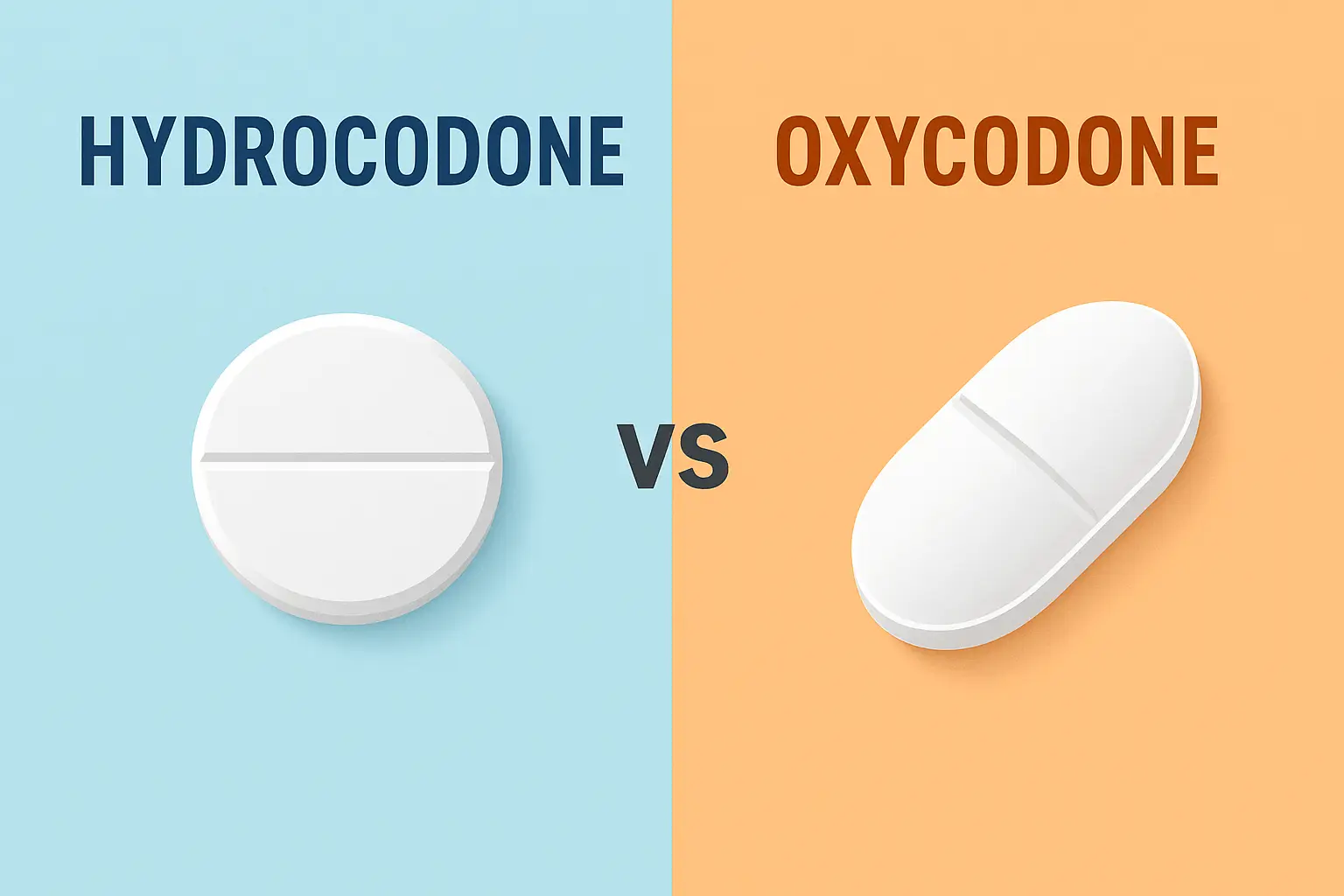
Have you ever wondered how long Percocet stays in your system, specifically in your urine? Waiting for the effects of Percocet to wear off so you can pass a drug test or simply curious about how long it stays detectable?
The timeline of Percocet detection in urine varies from person to person and depends on several factors. If you’ve taken this medication for pain relief, understanding its duration of presence in your urine is important for various reasons.
In this blog, we’ll answer the question of how long Percocet can be detected in urine, factors influencing detection times, and how to get help for Percocet addiction. By understanding these factors, you can be better informed about the effects of Percocet on your body and make responsible decisions regarding its use.
What is Percocet?
Percocet is a prescription medication that falls under the category of prescription opioids. It’s a potent pain reliever commonly prescribed to manage moderate to severe pain, especially in cases of chronic pain. The key ingredient in Percocet is the opioid oxycodone, mixed with acetaminophen.
Oxycodone, the active component in Percocet, works by binding to opioid receptors in the brain and spinal cord, altering the way pain signals are perceived by the body. This mechanism helps to alleviate discomfort and provide relief to individuals suffering from various types of pain conditions.
Prescription opioids like Percocet are typically prescribed by healthcare professionals for short-term use following surgeries, injuries, or to manage chronic pain conditions. However, due to their potential for abuse and addiction, it’s crucial to use them exactly as prescribed and under the supervision of a healthcare provider.
When taken as directed, Percocet can be highly effective in addressing pain symptoms and improving the quality of life for individuals dealing with significant discomfort. However, like most opioids, prolonged and excessive use of Percocet can lead to addiction, dependency, and other adverse effects on the body.
How long does Percocet stay in urine?
The duration that Percocet can be detected in urine varies depending on several factors. Generally, however, traces of Percocet can be detected in your urine from one to two days.
Again, this is just a general estimate because of several factors. For some people, traces of the drug can quickly be eliminated in just 24 hours but there have been cases wherein the oxycodone can linger in the system for as long as four days.
How long does Percocet stay in blood, saliva, and hair?
Apart from urine tests, Percocet’s longevity in the body can also be determined through saliva, blood, and hair tests, each of which has its detection window.
In saliva tests, Percocet can usually be detected between 2 to 4 days after the last dose was consumed. This makes saliva tests a preferable option for detecting very recent use of the drug.
Blood tests, on the other hand, have a much shorter detection window, with Percocet remaining detectable for up to 24 hours post-intake. This is because the drug quickly metabolizes and leaves the bloodstream, making blood tests suitable for identifying acute intoxication but less reliable for determining past use.
Lastly, hair tests provide the longest detection period for Percocet, capable of revealing drug use for up to 30 to 90 days after the last dose. This is due to the slow growth of hair follicles, where drugs can be deposited and stored for extended periods.
Each testing method gives us a unique peek into someone’s drug use, offering valuable info for healthcare providers, employers, and law enforcement in different situations.

Factors that affect how long Percocet stays in urine
Several factors can influence how long traces of the drug Percocet stay in your urine and system, affecting the detection window for urine tests and other testing methods.
The first key factor is the individual’s metabolism and overall health. A person’s metabolic rate can impact how quickly the body processes and eliminates Percocet. Additionally, factors like liver function and hydration levels can play a role in determining how long the drug stays detectable in urine tests.
The frequency and amount of Percocet taken also affect its duration in the system. Long-term or high-dose usage may prolong the detection window compared to occasional or low-dose use.
Lastly, the long-term use of Percocet can lead to its accumulation in the body, potentially extending the amount of time it remains detectable in urine and other testing methods.
Best Percocet addiction treatment in Beverly Hills, CA
If you or a loved one is struggling with Percocet addiction and facing challenging withdrawal symptoms, Safe Haven Recovery in Beverly Hills offers a comprehensive treatment program. Our addiction treatment center provides specialized care tailored to individuals seeking recovery from Percocet addiction.
If you’re beginning recovery, enrolling in a medical detox program can help manage Percocet withdrawal safely and comfortably under professional supervision.
At Safe Haven Recovery, we understand the complexities of Percocet addiction and the importance of addressing Percocet withdrawal symptoms effectively. Our inpatient program combines evidence-based treatments with compassionate support and we also offer outpatient programs to help you navigate the challenges of recovery.
For those seeking a more private and supportive recovery experience, our luxury rehab in Beverly Hills offers an ideal setting for healing and long-term sobriety.
If you or someone you care about needs professional guidance for recovery, don’t hesitate to reach out to our team today. Choose Safe Haven Recovery as your trusted partner in overcoming Percocet addiction today.






